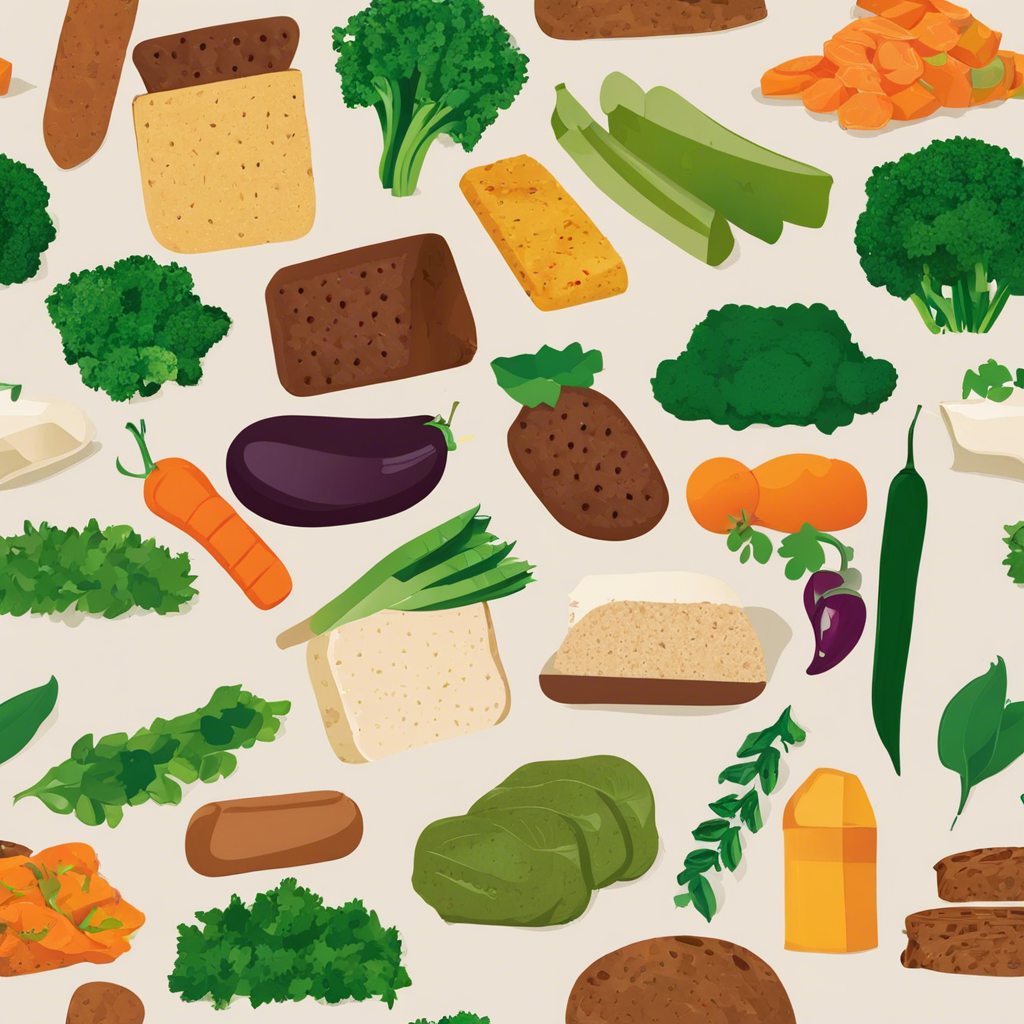The world of vegetarian protein sources is expanding beyond the typical meat alternatives like tofu and tempeh. While these options have been go-to choices for vegetarians and vegans alike, there’s a growing demand for more creative, tasty, and nutritious plant-based proteins. This shift towards plant-based diets is driven by health, ethical, and environmental concerns, and innovative food companies are rising to the challenge.
One of the most popular new options on the market is Beyond Meat. Their plant-based burgers, sausages, and ground “meat” have taken the food industry by storm, with many praising their remarkably meat-like texture and taste. But Beyond Meat is not alone in this space; there are numerous other companies offering unique and delicious vegetarian protein sources. For example, Gardein specializes in meatless versions of classic comfort foods like crispy “chicken” sliders and meatless meatballs. Their products are crafted from soy, wheat, and pea proteins, offering a hearty and satisfying texture.
For those who enjoy more exotic protein sources, there’s Quorn. This UK-based company uses a fungus-based protein called mycoprotein, which is then transformed into an array of meat-free delights, including “chicken” cutlets and vegetarian pepperoni. Mycoprotein is a complete protein, meaning it provides all the essential amino acids needed by the human body, making it a highly nutritious choice.
Then there’s the Buddhist-inspired brand, Sweet Earth Foods, which offers a range of globally-inspired vegetarian protein options. Their flavorful “benevolent bacon” and “mindful chick’n” are crafted from seitan, a protein derived from wheat gluten, and seasoned with creative spice blends. Sweet Earth also incorporates whole food ingredients like artichoke hearts and quinoa, adding nutritional value and a unique twist to their products.
The exploration of vegetarian protein sources doesn’t stop there. One of the newest trends in this arena is protein sourced from pulses, the edible seeds of legumes like peas, beans, and lentils. Companies like Pulse Foods are utilizing pea protein to create creamy yogurts and smooth, spreadable cheeses, adding variety to the plant-based dairy alternatives on the market.
For those who enjoy a more DIY approach to their protein sources, cooking with whole foods like lentils, chickpeas, and beans allows for endless culinary creations. These versatile pulses can be transformed into hearty stews, flavorful salads, and even sweet treats like chickpea blondies, providing both flavor and nutritional benefits.
As the demand for plant-based proteins continues to rise, so will the innovation in this space. The future of vegetarian protein sources looks bright, with companies and consumers alike embracing the health, ethical, and environmental benefits of plant-forward diets. This shift is not only good for our health but also for the planet, as plant-based proteins often have a lower environmental impact, using less water and energy than animal-based proteins.
Whether you’re a longtime vegetarian or simply looking to incorporate more plant-based meals into your diet, the array of options beyond meat alternatives is exciting and enticing. With so many delicious and nutritious choices, making the shift towards a plant-forward diet has never been easier or more enjoyable. The world of vegetarian protein sources is thriving, and there’s something to tantalize every taste bud.

